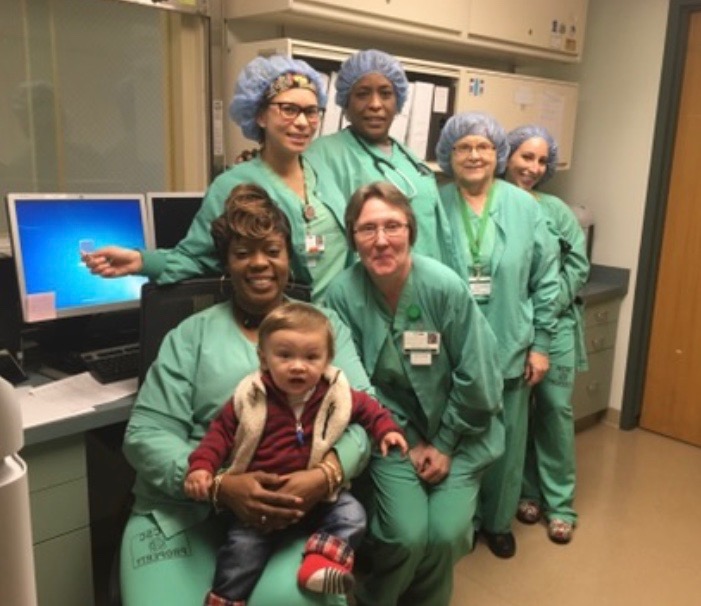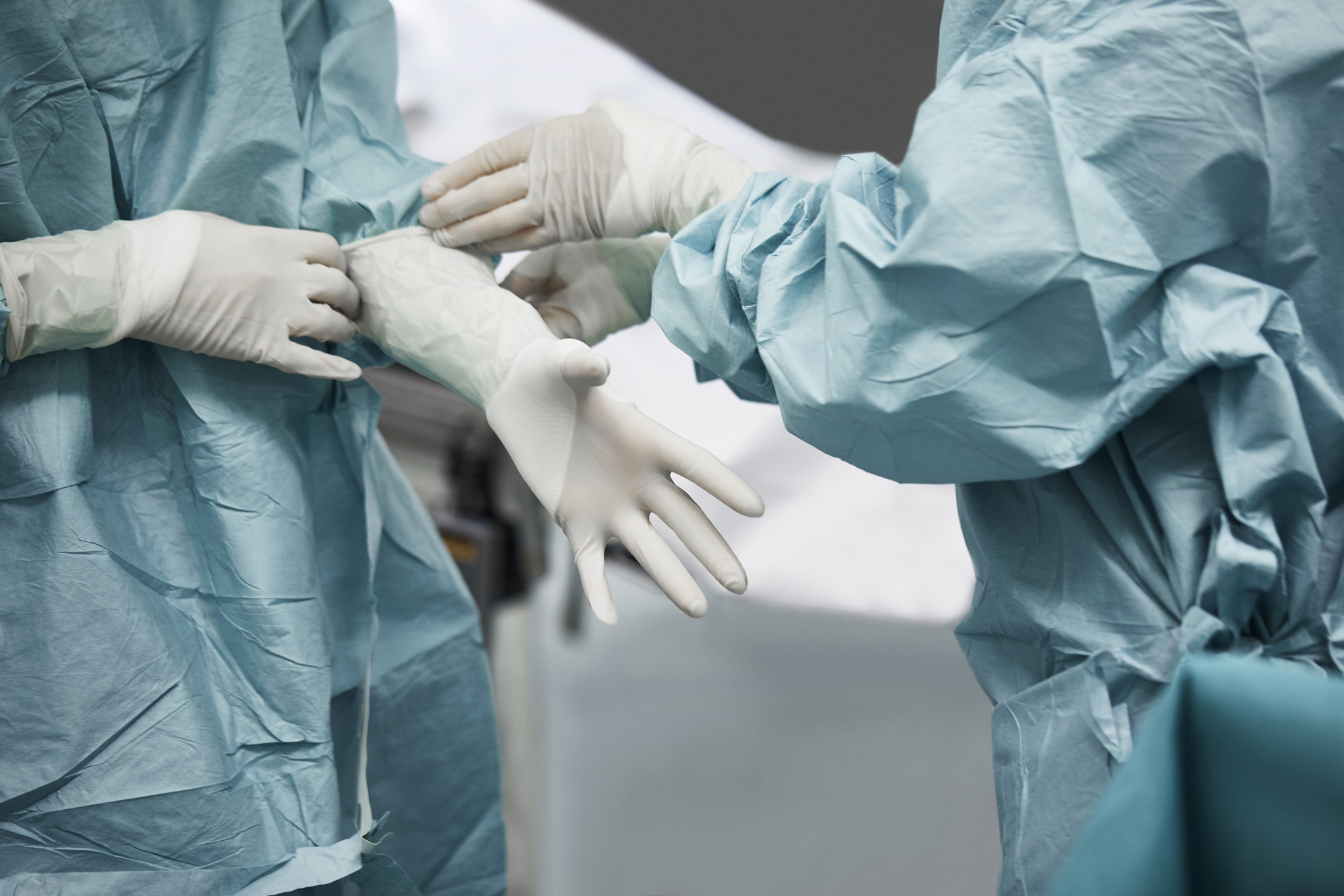Quarantine. The word has been said and written and discussed so much, it has become part of our vocabulary. I grew up surrounded by medical terms. In the days of constant calls to our house, my asking if callers would like to leave a message was an open door to sometimes more graphic descriptions than a child was ready to hear. My father and father-in-law are surgeons, my mother a nurse, and so somewhat foreign terms were a part of life. The news discussing the days of quarantine made me remember my many years of Latin as well. The word quarantine has in its roots the word 40. Originally, a quarantine was a forty-day period: forty days without contact from the outside world, without the joys of the everyday. Although in this instance, the quarantine period has been less so, it is still an understandable burden to bear. The sacrifices made by health care workers are undoubtedly commendable, and we as a nation are so lucky to have the men and women who are willing to take care of those in need even when it puts their own well-being and health at risk.
A few years ago my father was given an award, and my brother and I were asked to say a few words on the stage. I shared with them that I grew up with parents who never complained about anything. My father is an OB/GYN, which means that he delivered babies every day of the year, at all times of the day and evening. I can hardly remember an hour that the phone did not ring. My father never slept through the night; it was not an option. The beautiful gift we were given is that my father always came in every day from work singing. He was happy at the end of the day. I always believed that he was lucky to love what he did, regardless of the time and hard work. He loves that he is able to help others.
We have as a nation been inundated with the news of the recent outbreak. Every night there are stories of those affected from personally infected to those that we watch as they tearfully miss weddings of their beloved children, joyfully planned in foreign lands months ago. We are watching compassion at its best. Often, in our everyday lives, we run the risk of catching a cold or getting sick, but these men and women in the health care field are consciously taking the risk of their own well-being in order to help others.
My father always said to us that being a physician is his calling. He was fortunate to become a doctor at 21 and in fact gave up some of his young adult years in order to study more, to help more, to be the one others could turn to. My mother had a different path into health care, and she worked for an insurance company on Wall Street before deciding to go back to school for nursing. It was a decision she has never regretted. She loved being able to help premature babies in their quest to survive and thrive. They have always been models of being selfless in their devotion to helping others.
We often recognize certain professions as being more dangerous than others. The idea of running into a burning building or being faced with armed criminals is a risk we can readily understand, but being a health care worker is less tenable to us in the risks that they, too, face every day, for it is not often that they can see what they need to avoid. They cannot see the harm that may be so crucial in their own health and those they care for. We owe health care workers our gratitude and respect for being willing to care for us when we need it most.



